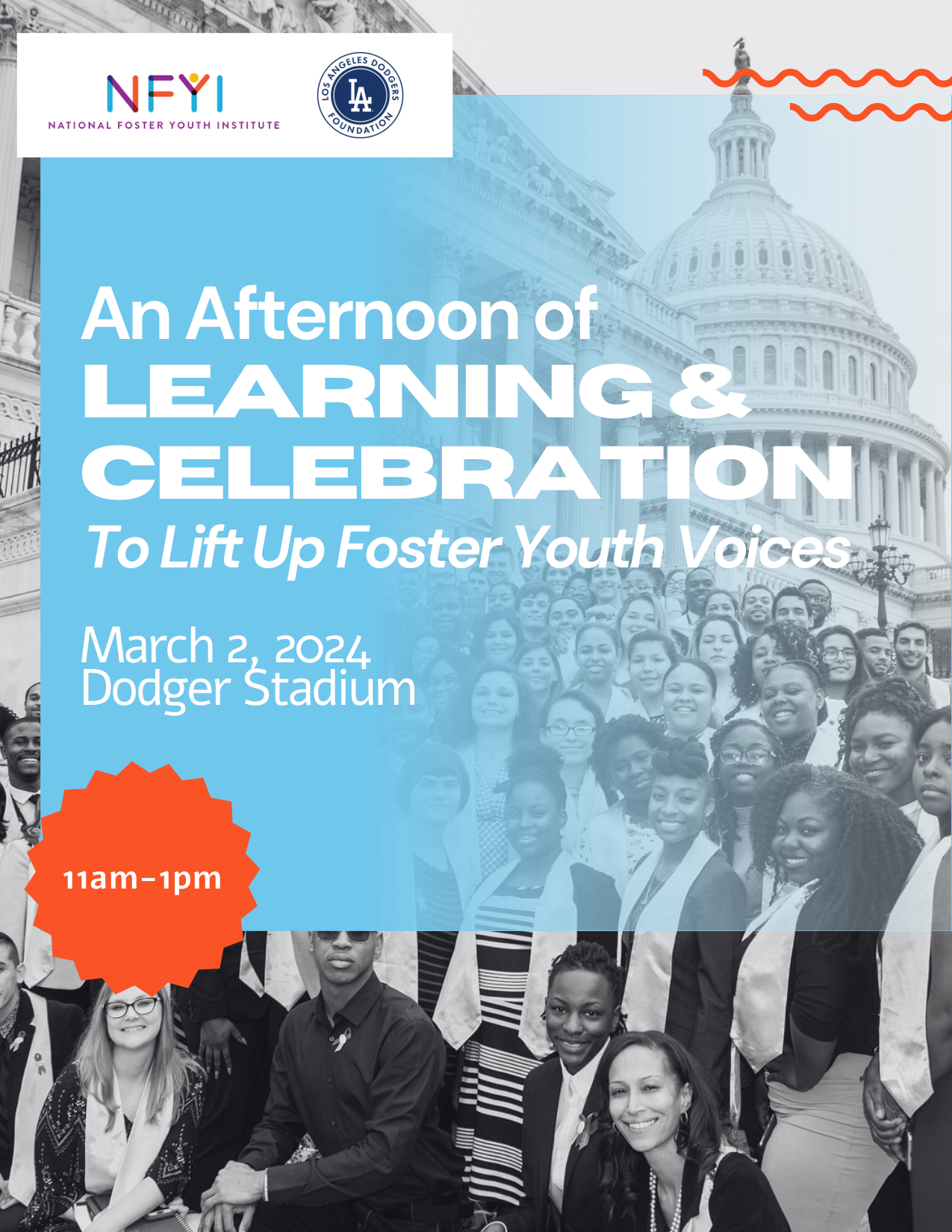National Foster Youth Institute
Revolutionizing the American Foster Care System Through Education, Action, and Lifting Up Foster Youth Voices.
Truly transformative foster care reform is only possible when the individuals who have personally experienced the child welfare system have leadership roles in changing it.
The National Foster Youth Institute is dedicated to ensuring that current and former foster youth have a seat at the table alongside legislators, policymakers, decision makers, families, and advocates.

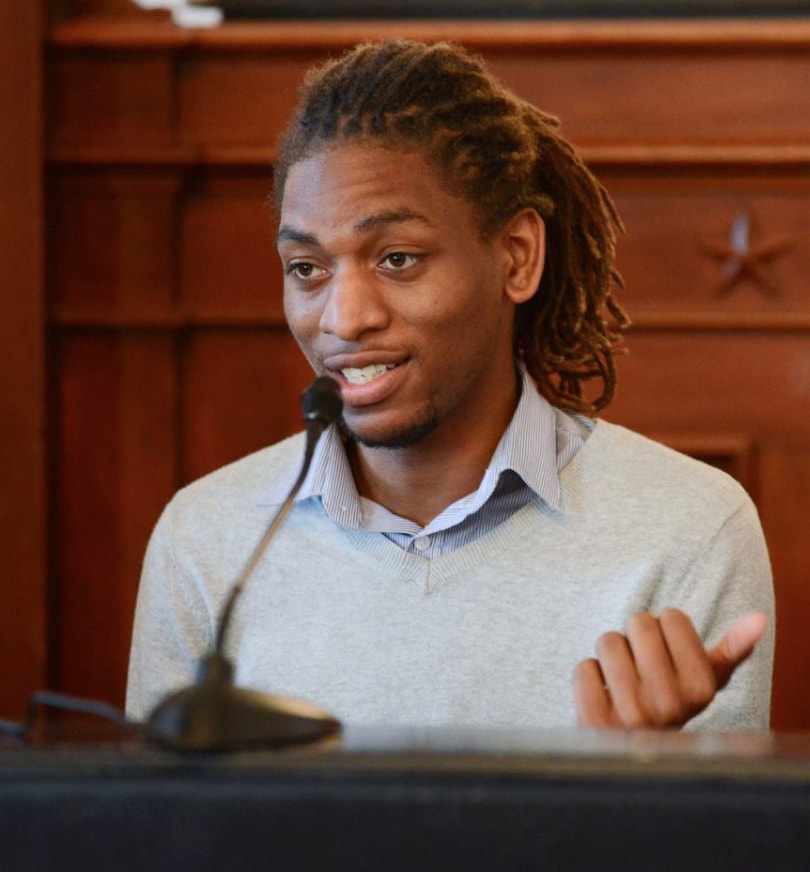
We create pipelines of leadership that connect current and former foster youth with decision makers to transform the systems that impact children and families in the child welfare system.

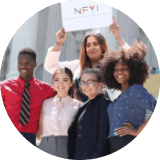

Helping create a positive impact for foster youth since 2012.
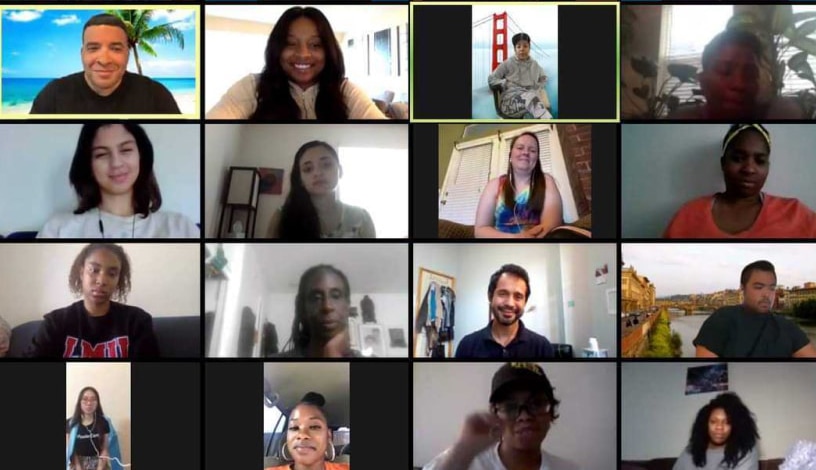
Since the start of the pandemic, we have hosted more than 20 virtual town halls that provided members of the U.S. Senate and House of Representatives with insight into how children in foster care and transition age youth were uniquely impacted.
We have helped educate lawmakers on 12 pieces of passed or pending federal legislation to increase resources and protections for current and former foster youth, including the Improving Services for Older Youth in Foster Care Act (H.R. 2847).
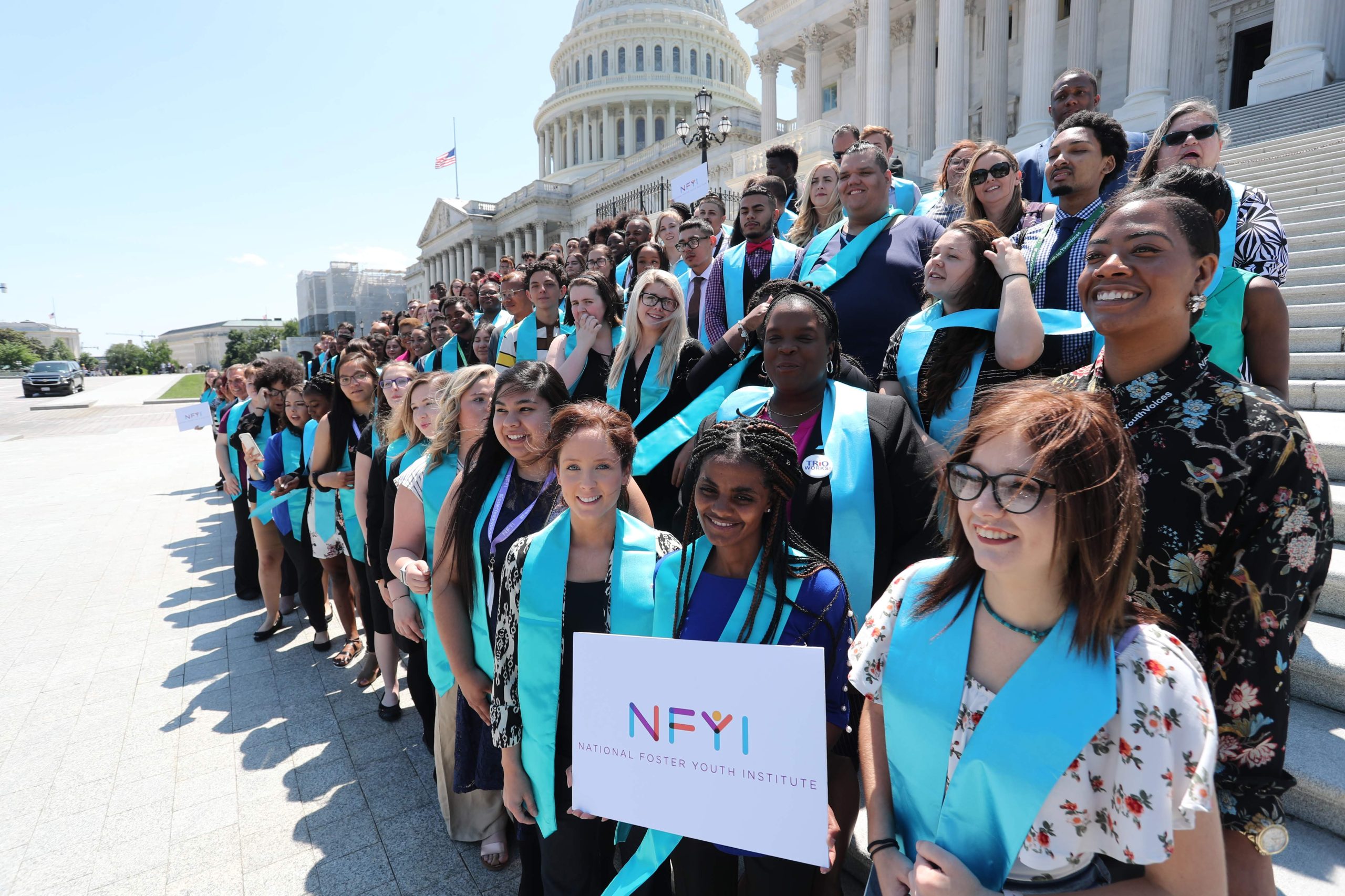

We’ve mobilized foster youth voices and voters around local ballot measures like Proposition HHH and Measure M, which were overwhelmingly passed by LA County voters to help fight homelessness.
Through our signature Congressional Shadow Day program, we’ve brought more than 550 current and former foster youth from around the country to Washington, DC to spend a day with their Member of Congress.
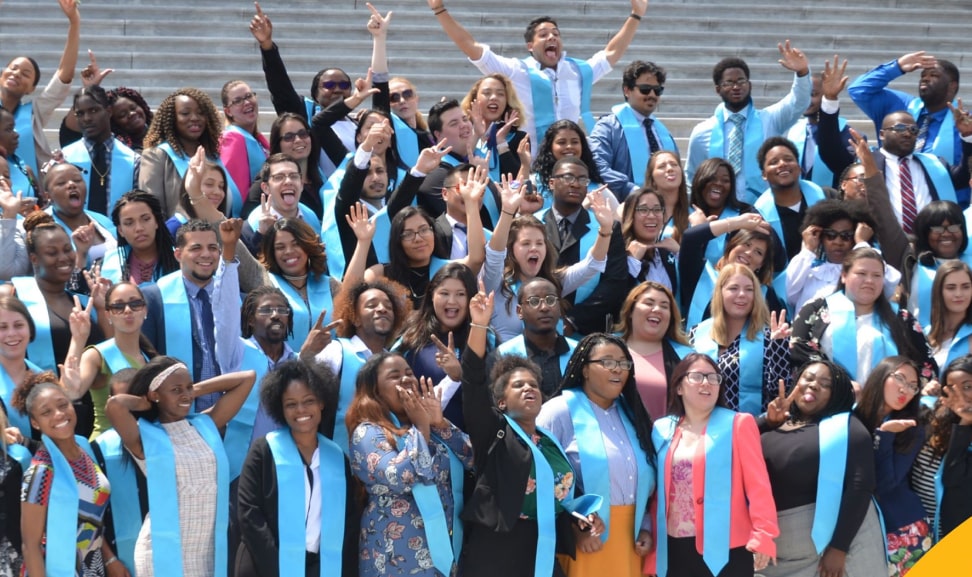

My experience with NFYI has been an eye-opening journey.
I joined NFYI’s Michigan Local Chapter in 2018 and became completely involved after my Congressional Shadow Day experience in 2019. It was amazing. At that time I was homeless and working three jobs. I was trying to get out of the homeless shelter and doing what I could to advocate so other youth and young adults didn’t have to face homelessness like I was. At first I thought, should I do it? My life isn’t really in the best place. But my fellow advocates and NFYI made me feel heard and validated as I told my story. And from there I’ve been able to work side by side locally and nationally with NFYI to invoke the change many of us need and want to see.”
Michael Davis-Thomas
NFYI Michigan Local Chapter Member
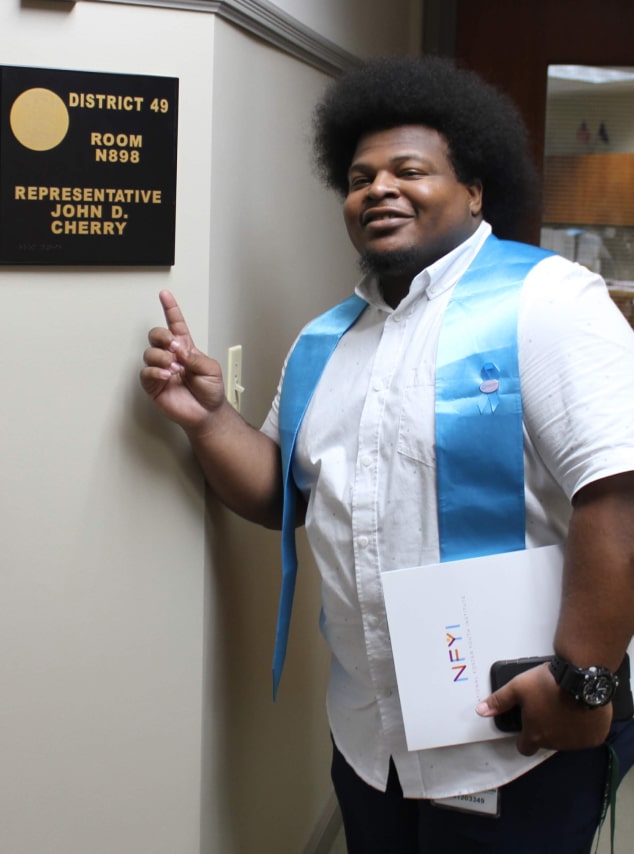
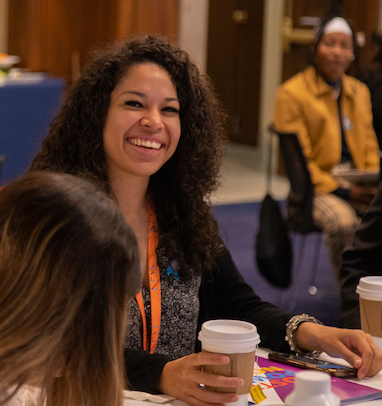
The fact that I am here today shows that I can do anything!
I, and the other foster youth that are here with me today, are changemakers; we’re making a difference.

Junely Merwin
2022 Congressional Leadership Academy Participant

The honorable Karen Bass, mayor of los angeles
Founder, NFYI
Co-Chair, Congressional Caucus on Foster Youth
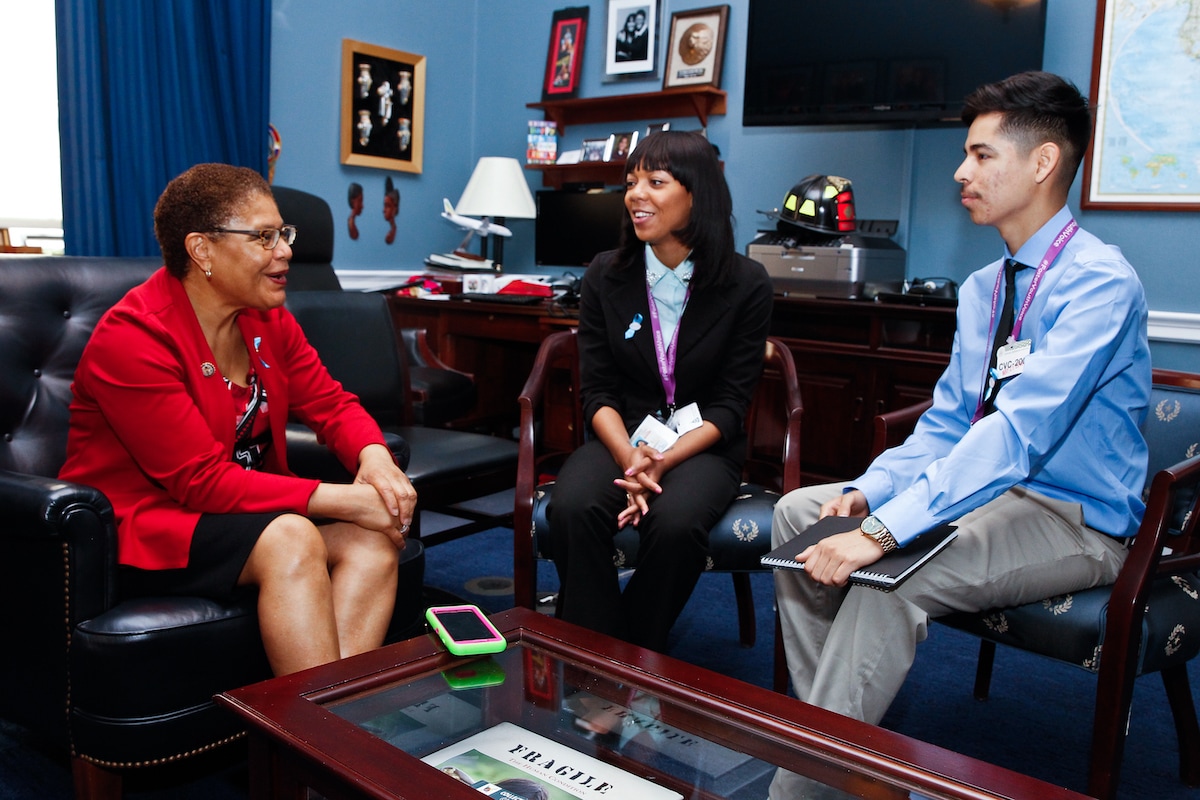

My experience with NFYI has been an eye-opening journey.
I joined NFYI’s Michigan Local Chapter in 2018 and became completely involved after my Congressional Shadow Day experience in 2019. It was amazing. At that time I was homeless and working three jobs. I was trying to get out of the homeless shelter and doing what I could to advocate so other youth and young adults didn’t have to face homelessness like I was. At first I thought, should I do it? My life isn’t really in the best place. But my fellow advocates and NFYI made me feel heard and validated as I told my story. And from there I’ve been able to work side by side locally and nationally with NFYI to invoke the change many of us need and want to see.”
Michael Davis-Thomas
NFYI Michigan Local Chapter Member


The fact that I am here today shows that I can do anything!
I, and the other foster youth that are here with me today, are changemakers; we’re making a difference.

Junely Merwin
2022 Congressional Leadership Academy Participant

The honorable Karen Bass, mayor of los angeles
Founder, NFYI
Co-Chair, Congressional Caucus on Foster Youth

By creating leadership opportunities and training for former foster youth, we position them to inform important policy discussions on child welfare.


Thank You to our Sponsors!
Engagement Circle

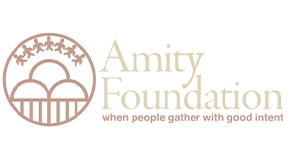
Empowerment Circle


Transformational Circle


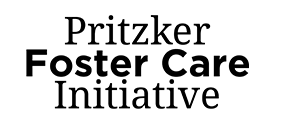

Voice Circle




